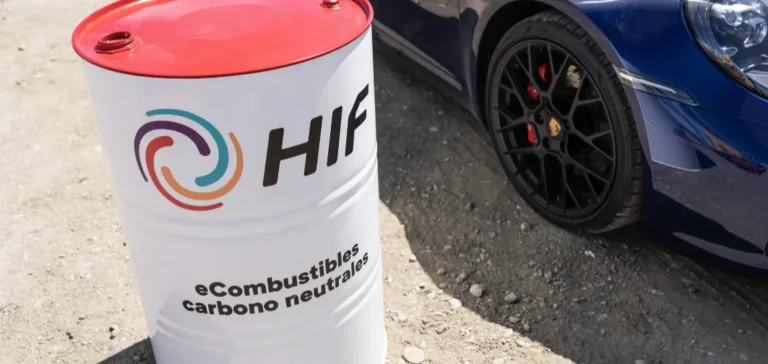HIF Global announced it has selected U.S.-based Electric Hydrogen to supply next-generation electrolyser systems for its synthetic fuel production facility in Texas. The site, focused on e-methanol manufacturing, is among the most ambitious projects in the sector, both in capacity and in its integration of domestically produced equipment.
A structuring project for American industrial electrolysis
The electrolysers, developed and manufactured by Electric Hydrogen, are designed to deliver industrial-scale performance at reduced cost through modular design. The core components, including electrochemical stacks, will be produced at the company’s gigafactory in Devens, Massachusetts, while the remaining equipment will be assembled in Texas. This logistical setup aims to optimise construction timelines while reinforcing the U.S.-based energy supply chain.
According to HIF Global, this partnership will enable one of the largest deployments of U.S.-manufactured electrolysers, in a move toward industrial independence and cost control. The project is also part of a broader national push to expand domestic capacity in alternative energy technologies, particularly in response to Asian market dominance.
Focus on locally produced e-methanol
The upcoming Matagorda plant aims to produce e-methanol using hydrogen and captured carbon dioxide for use in sectors such as maritime transport, aviation, and chemicals. HIF USA stated that the collaboration is based on a fully domestic approach, leveraging U.S. technology, manufacturing, and workforce.
HIF USA Chief Executive Officer Renato Pereira said the initiative seeks to demonstrate the global competitiveness of U.S.-produced synthetic fuels. Electric Hydrogen, for its part, highlighted the potential of the partnership to establish American electrolysis technologies as a viable alternative to imported equipment.






















